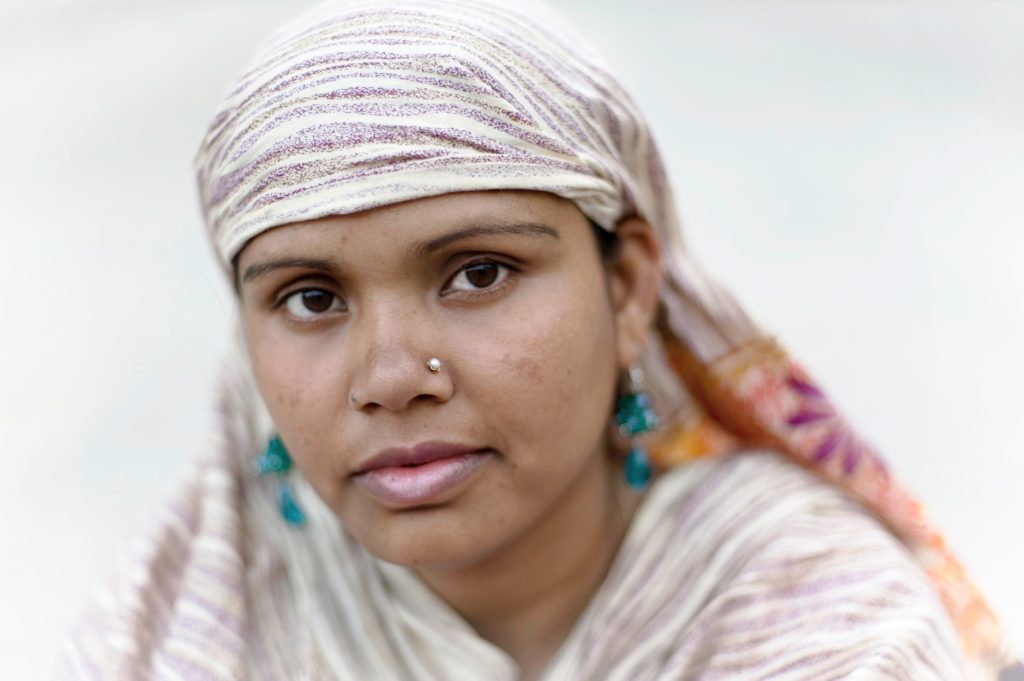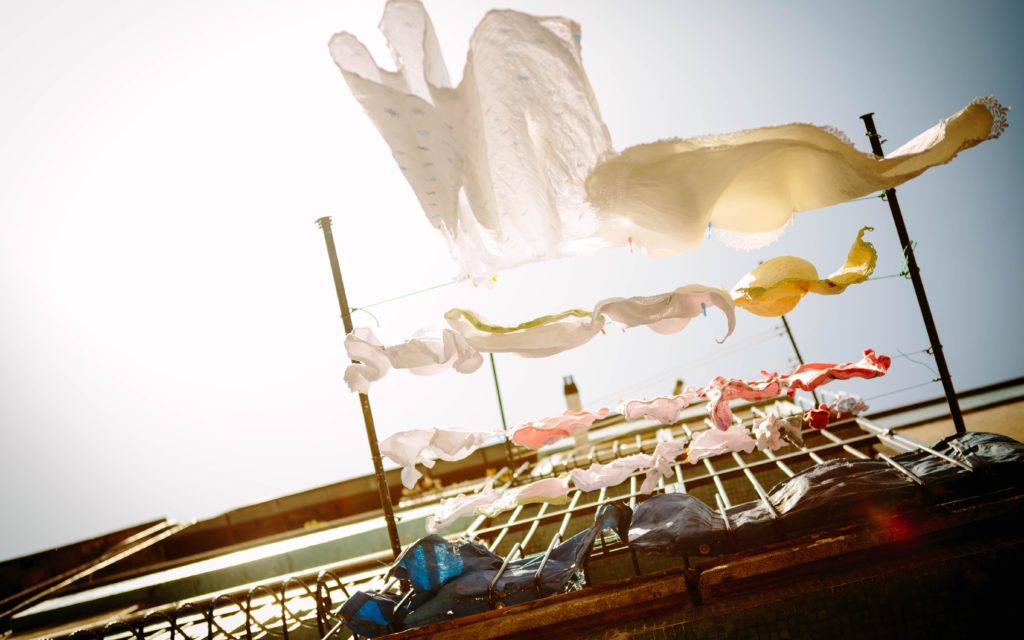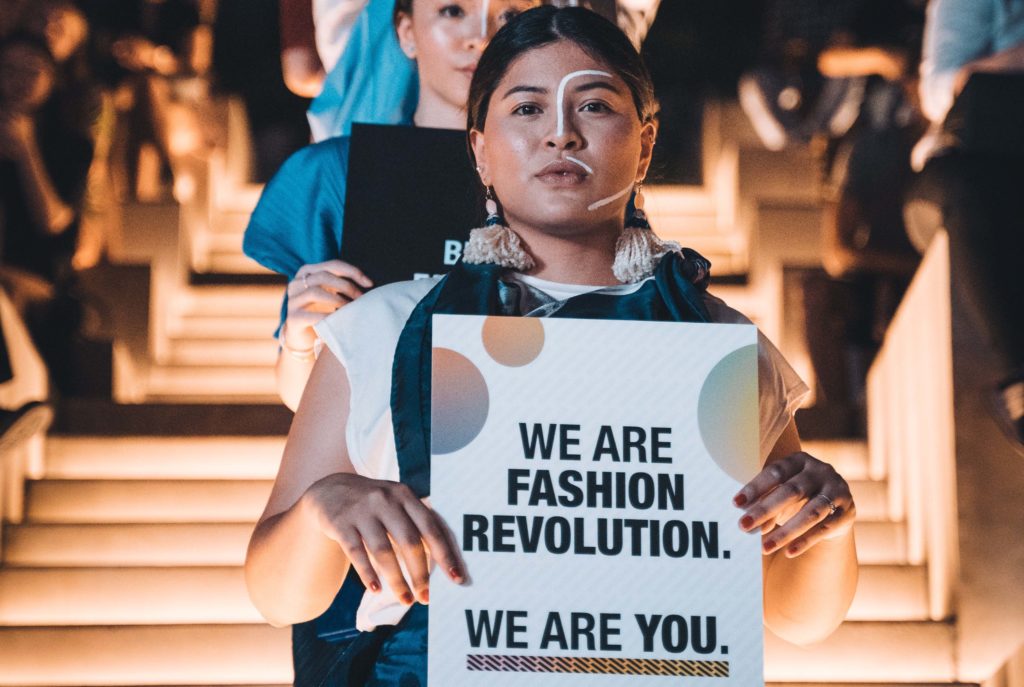As the fashion industry continues to exploit the masses, here’s how you can stand in solidarity with the faces behind your threads

Credit: Nicola Fioravanti
Every purchase we make casts a vote for the type of world we want to live in. So, what world are you voting for?
It’s no secret that our spending habits hold power. In fact, our seemingly small consumer choices have an international impact, reaching beyond the holes in our own pockets and directly affecting human lives.
Fast fashion, more specifically, is an industry built on the exploitation of the marginalised. A global system in which those at the top of the chain are protected, and those at the bottom are run to the ground. Their work undervalued. Their rights abused.
According to U.S based worker’s rights organisation, Solidarity Centre, the fashion industry employs over 75 million garment workers worldwide. Their research shows that 85% of these makers are women and many are in their early twenties.
With the majority of factories being based in the Global South in countries such as Bangladesh, India, China and Vietnam, garment workers lack the same rights and labour law protections as those living in the West.
While the toil of the invisible makers continues, as does our disconnection with their struggle
As a result, workers fall victim to forced labour, dangerous working conditions, gender-based violence, poverty and low pay. As explained by documentary film, The True Cost, garment workers are some of the lowest paid workers in the world.
While the toil of the invisible makers behind our clothes continues, as does our disconnection with their struggle.
“It’s easiest not to think of history as a linear march towards progress, but as a tug of war between different types of power,” explains author and journalist, Tansy Hoskins.
She added, “At the moment, corporate power is winning the tug of war against worker’s power.”
Fashion retailers have a large social responsibility, and as consumers, we are not exempt. We still have the capacity, therefore, to cast our vote for a fairer future. We still have the power to be part of the solution.
Here’s how you can stand in solidarity with those in the supply chain and empower the faces behind your threads.
Collective change starts with you
In the wake of the Rana Plaza disaster, the world’s worst garment factory collapse in history, Fashion Revolution co-founder, Carry Somers, initiated a movement called #WhoMadeMyClothes? The campaign called on consumers to ask questions about the individuals involved in the fashion supply chain – from fibre, to fabric, to finished product.
Sparking a trend beyond ethical circles, the campaign inspired people around the world to think twice about the role of fast fashion and its true cost.
It’s critical we all learn what qualifies as ethical fashion, says conscious consumer platform, Sustainable Jungle. Collective change, in fact, starts with learning and asking questions.
“Change never happens by accident,” wrote Tansy for global culture magazine, Huck.
“Follow groups on social media, read books, screen documentaries… and do not let garment workers be forgotten” she said.
Use your voice & platform
Addressing garment worker’s rights, sustainable living resource The Good Trade, encourages consumers to use their privilege and platform to make noise and create change.
With increased awareness of the structural issues running through the roots of the fashion industry, marginalised voices can be heard around the world.
When it comes to sharing stories, London-based fair fashion blogger, Amma Aburam, uses her online platform to influence her growing community.
Marginalised voices can be heard around the world
“Sometimes we watch documentaries like The True Cost, feel bad, then move on,” she said. With a desire to take action and encourage others, she launched Style & Sustain in 2017 to inspire fashion lovers to turn to sustainable and ethical fashion and rethink their way of consuming.
Raise & donate funds
Organisations such as Labour Behind the Label, Clean Clothes Campaign, Remake, Fair Wear Foundation, Worker’s Rights Consortium and Fashion Revolution are actively championing garment worker’s rights across the globe.
Creating change from the ground up, these organisations are among others in the field working to hold governments to account, campaign for better conditions, produce research and investigate claims.
According to a report by the Guardian, donating and raising funds helps to make an immediate difference.
Buy better & shop smaller

While shopping consciously won’t necessarily lead large corporations to bankruptcy, it can make all the difference to a smaller business.
Put simply, support the brands that match your values.
There’s a rising number of accessible brands paying living wages and operating transparent supply chains
“Style and sustainability are not mutually exclusive,” explains Amma, from Style & Sustain. In fact, over recent years, the rise of conscious consumerism has grown from a grassroots movement to a more mainstream way of living.
Though there’s still a long way to go when it comes to dismantling the disparities in the fast fashion industry, there’s a rising number of accessible brands paying living wages and operating transparent supply chains.
With this in mind, we’ve been given the choice to financially support the companies empowering the faces behind our threads.
Put pressure on brands
In March 2020, non-profit organisation, Remake, launched a petition demanding brands to #PayUp suppliers in full, following reports that orders were paused and pulled due to Covid-19.
The petition, calling on 40 major brands and retailers, including the 20 most profitable companies, seeks to hold brands accountable by asking for greater transparency throughout the supply chain. Each time the petition is signed, executives from the brands who have not paid receive an email notification.
As well as signing petitions, putting pressure on brands can also practically look like emailing fast fashion companies, writing letters, asking important questions, and contacting your MP.
Take to the streets

Behind the scenes social action will never lose its value. While companies continue to lessen lives and brush basic human rights under the carpet, however, joining demonstrations and taking to the streets can be a powerful way of feeding into structural reform.
As put by Labour Behind the Label, “What we want is for workers to live in dignity, but when brands ignore us and workers’ demands, we can’t, and don’t, stay quiet.”
